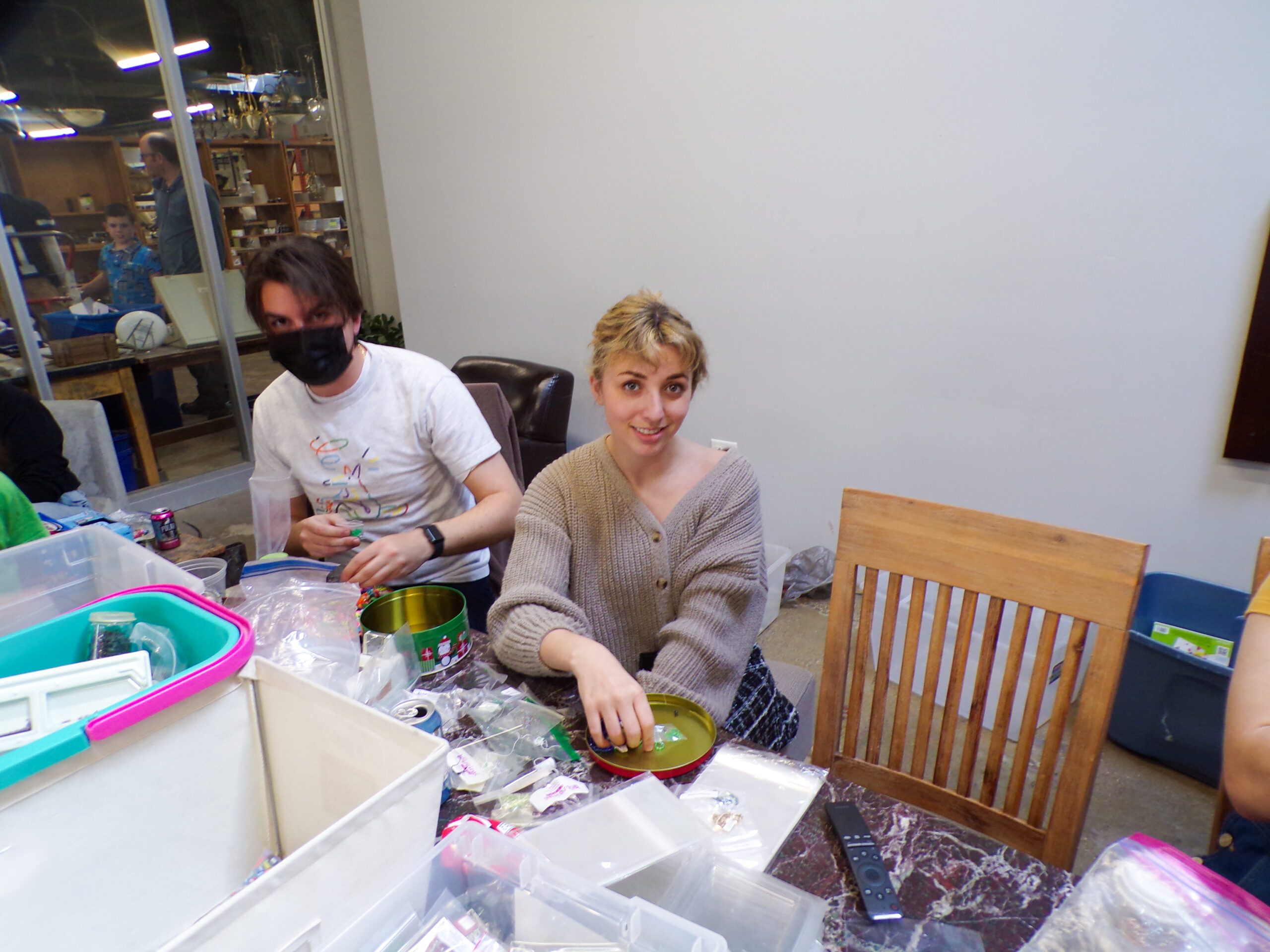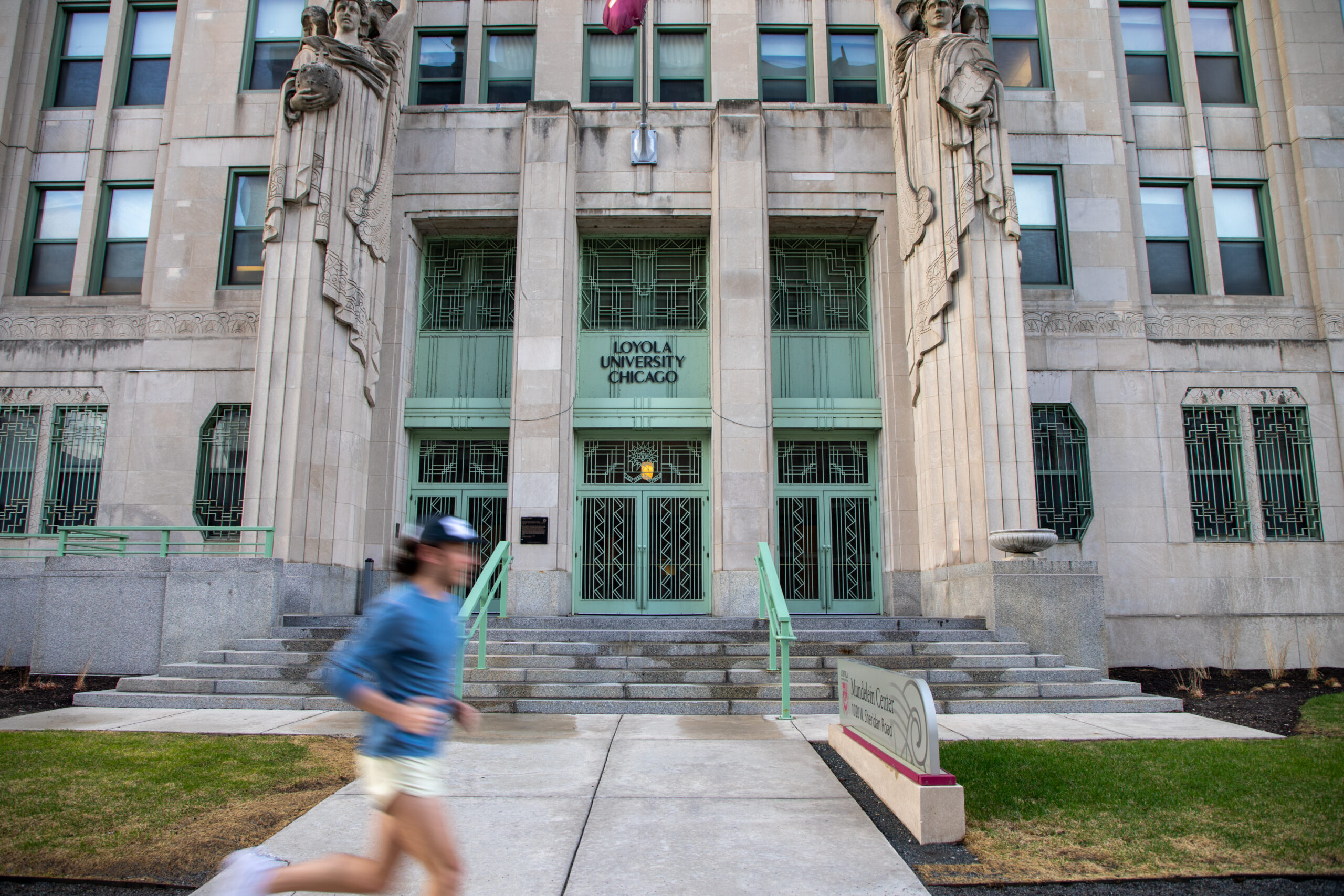How effective are course evaluations, and what exactly do they do?
As the fall semester comes to an end, inboxes are flooded with messages from the Office of Institutional Effectiveness which ask students to fill out course evaluations.
Course evaluations ask questions regarding a professor’s overall performance and the effectiveness of their methods and course curriculum.
Dr. Shauna Price, a biological sciences professor at Loyola, said course evaluations are integral to the function of her and her colleagues’ classes. Within the biology department, there are certain quotas and standards of positive trends that need to be met. The focus of these evaluations is to gauge general trends and net gains, according to Price.
“It mostly depends on the department chair — they set certain goals and standards for professors like myself to follow,” Price said, “It is entirely dependent on them whether or not they’d like to do anything with the student input. To my knowledge, there isn’t a university-wide incentive or initiative to do course evaluations.”
Price takes the results of course evaluations with constructive intent and uses it as call to action to improve their teaching style.
Professors do not lose their positions even if there is an overwhelming majority of negative opinions but it is the responsibility of the department chair to correct them, according to price. She said if they refuse to make adjustments according to course evaluations, then their position in the department may be jeopardized.
Brian Lee, a theology lecturer in his first year at Loyola, said professors are able to see the anonymously submitted evaluations. Lee intends on using the input from course evaluations as a report on his performance thus far and as a roadmap on how to improve.
“Since it’s my first year here, I’d really like to see how you guys think I’m doing,” Lee referring to his students said. “If there’s anything you guys think I can improve on, please do not hesitate to leave it in the course evaluation. I’m here to help you guys, if there’s anything I can do better I would love to improve.”
To incentivize his students to complete the surveys, Lee brought in chocolate for the class. He also provided some time at the beginning of class to submit a course evaluation. He said this has resulted in a high engagement rate from students with varied responses.
The Office of Institutional Effectiveness did not respond to requests for comment
Despite the importance of responses to professors, there are questions of how genuine the input from students truly are.
Sophomore Gage Malanoski said he’s afraid of being rude, so he keeps his evaluations nuanced.
“I typically like to give constructive criticism,” Malanoski, a neuroscience major, said. “I don’t want them losing their job. It’s this weird medium between honesty and politeness.”
Daniel Robbins, a junior studying economics, also discussed the importance of course evaluations.
“Can’t hurt to do if you want your professor to hear feedback you think they should hear,” Robbins said. “I’d be as honest as you can, but the nice part of me compels me to lean on the nice side.”
Sheikh Abdul Rashid, a junior studying economics, has expressed great concern regarding the efficacy of course evaluations.
“I do take course evaluation seriously because the adjunct professors need them more than others,” Rashid said. “Teachers who have seen bad Rate My Professor scores did not pay much attention to it.”
Timothy Stiven, a junior studying political science, said he thinks students should be allowed to look at the results of course evaluations.
“I understand the purpose and I agree with the purpose,” Stiven said. “They should be kept anonymous. However, the general trends should be something students should be allowed to look at.”












